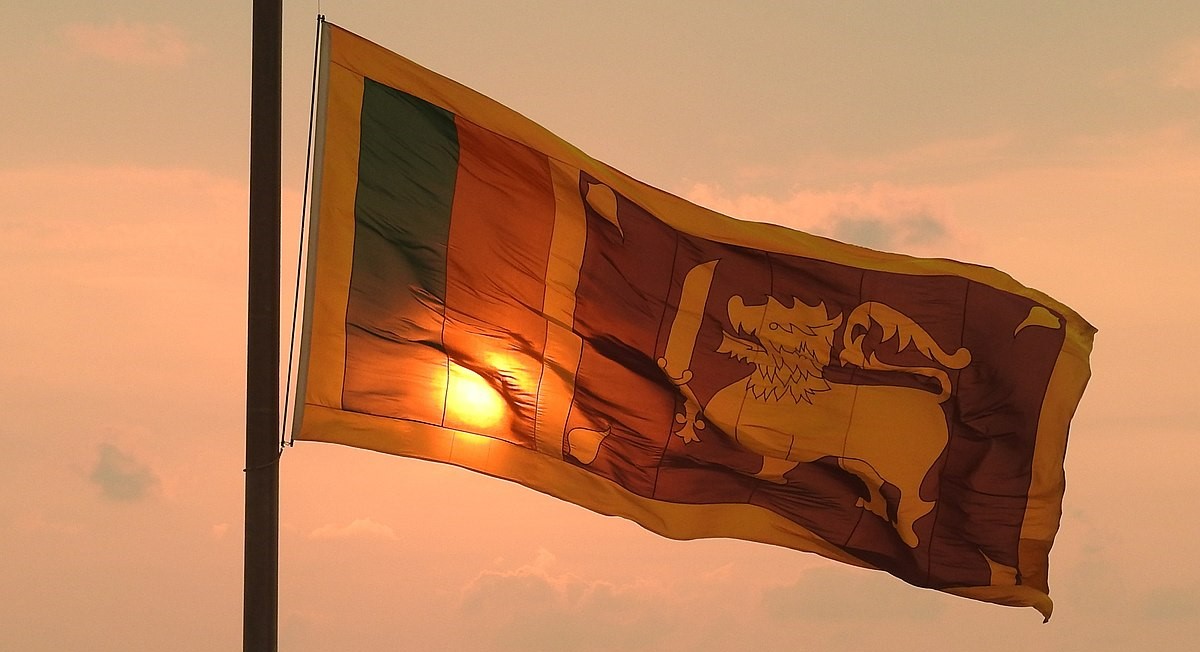How they Exacerbate Ethnic Tension

by Samir Pasha and Naga Kandiah, Jurist
Much controversy surrounds the use of the flags associated with the Sri Lankan peoples, mainly because they are loaded with ethnic symbolism in a country recovering from a generation-long civil war along ethno-nationalist lines. The flags of concern here all feature big cats as central to their designs.
Big cats, wherever they occur, have been objects of reverence. Even where they are not native, their sheer power, grace, agility, ferocity and strength have enabled them to establish a place in the mythos and heraldry of many nations. Of interest to the Sri Lankan story are three species of big cat: the leopard, the lion and the tiger. We will briefly examine them in that order.
Of the three species, only one is currently resident in Sri Lanka—the Sri Lankan leopard (Panthera pardus kotiya). Strangely, it does not feature in the ethnic heraldry of the country anywhere near as much as its relatives do. As the subspecies name suggests, the Sinhala word for leopard is kotiya, a word which is also commonly (although not entirely accurately) used to denote the tiger—especially as a derogatory term directed at Tamils. The leopard is significant in Hinduism, however, as the animal from which the god Shiva's garments are made, and the god is frequently depicted meditating upon a leopard's skin.
Recent Updates
49 sec ago
1 day 23 hours ago
2 days 16 hours ago
2 days 23 hours ago
2 days 23 hours ago
2 days 23 hours ago
2 days 23 hours ago
2 days 23 hours ago
2 days 23 hours ago
2 days 23 hours ago